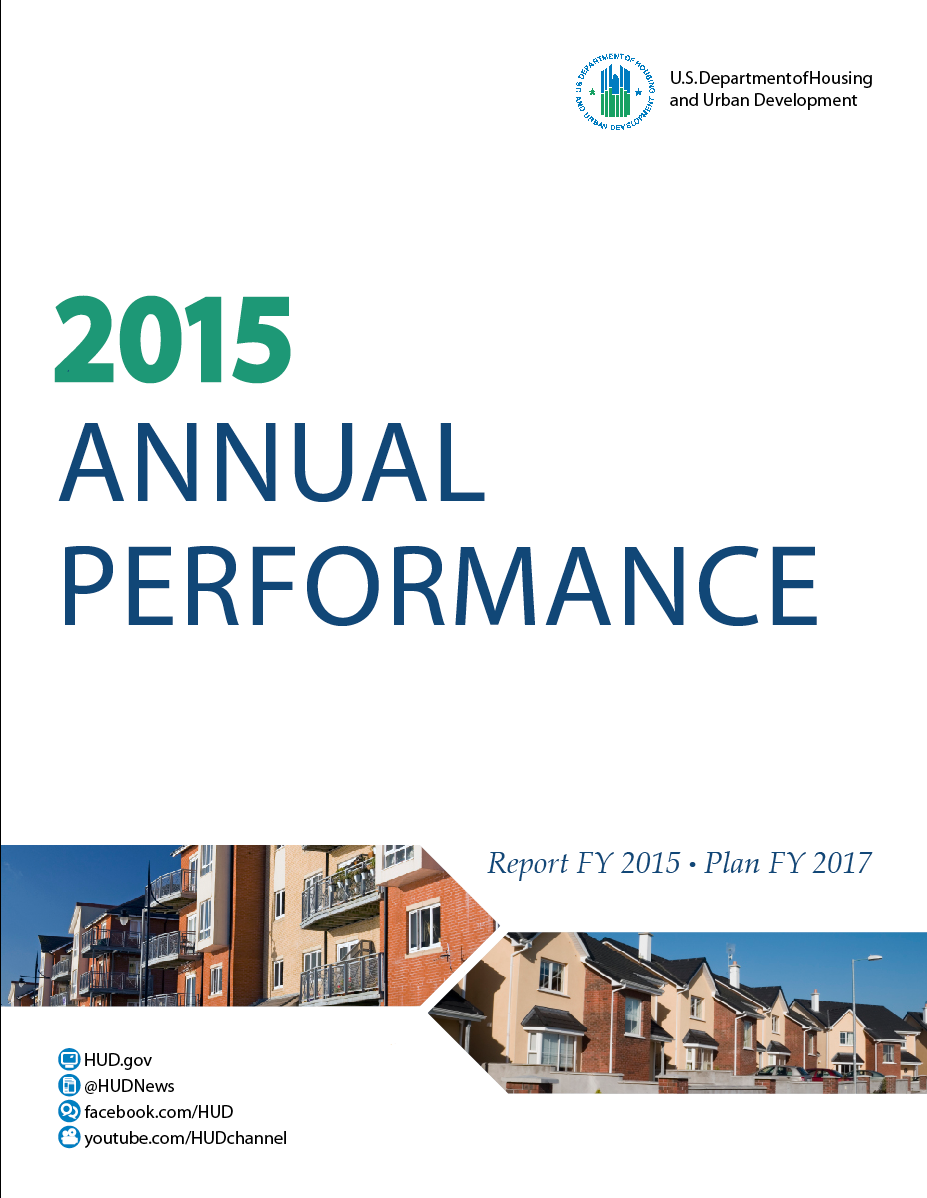- Home
- Agencies
- Department of Agriculture
- Department of Housing and Urban Development
- General Services Administration
- Department of Commerce
- Department of the Interior
- National Aeronautics and Space Administration
- Department of Defense
- Department of Justice
- National Science Foundation
- Department of Education
- Department of Labor
- Office of Personnel Management
- Department of Energy
- Department of State
- Small Business Administration
- Environmental Protection Agency
- Department of Transportation
- Social Security Administration
- Department of Health and Human Services
- Department of the Treasury
- U.S. Agency for International Development
- Department of Homeland Security
- Department of Veterans Affairs
- Goals
- Initiatives
- Programs
Primary tabs
Strategic Objective
Reduce housing discrimination, affirmatively further fair housing through HUD programs, and foster inclusive communities free from discrimination.
Strategic Objective
Overview
One of America’s fundamental ideals is that hard work and determination will open the doors to opportunity. However, for too long and for too many people, access to opportunity is still not within reach. Americans all want the same basic things for their families: a safe, affordable place to call home, a quality education for our kids, and access to transportation, jobs, retail, and services. Despite genuine progress and a landscape of communities transformed in the more than 40 years since the Fair Housing Act was enacted, the ZIP code in which a child grows up, all too often, remains a strong predictor of that child’s success. To this end, HUD seeks to significantly increase the number of housing providers, lenders, members of the real estate community, and others that fully comply with the Fair Housing Act and other applicable fair housing and civil rights laws and do not discriminate on any basis prohibited by those laws and regulations. While housing discrimination still takes on blatant forms in some instances, it has become more subtle through the years, resulting in under¬reporting and complicating effective enforcement.
In addition to enforcement, HUD works proactively to make access to important neighborhood assets measurably fairer in neighborhoods where HUD invests, and to ensure that policies and practices are in place to provide equal access to persons with disabilities.
Read Less...Progress Update
HUD is designating the Fair Housing objective as making noteworthy progress. On July 16, 2015, HUD published the Affirmatively Furthering Fair Housing (AFFH) rule, which clarifies the Fair Housing Act’s requirement that Federal housing and urban development programs be implemented in a way that affirmatively furthers the purposes of the Act. The new AFFH regulation aims to fulfill the requirements and the promise of the Fair Housing Act. It marks an important step toward ensuring that everybody is given an equal opportunity to access safe and affordable housing near quality schools, transportation, and jobs. This new rule will provide communities and local decision-makers with the information, tools, and clear guidance they need to comply with their statutory duty to affirmatively further fair housing. HUD will be a supporter as grantees work to meet their own fair housing goals and realize the promise of this bedrock civil rights legislation.
As part of HUD’s effort to discourage discrimination through strong enforcement, on May 26, 2015, HUD announced an agreement with Associated Bank, N.A. to resolve a disparate treatment redlining case. At approximately $200 million, it is the largest settlement of this kind HUD has ever reached. It is also one of the largest redlining complaints brought by the federal government against a mortgage lender.









